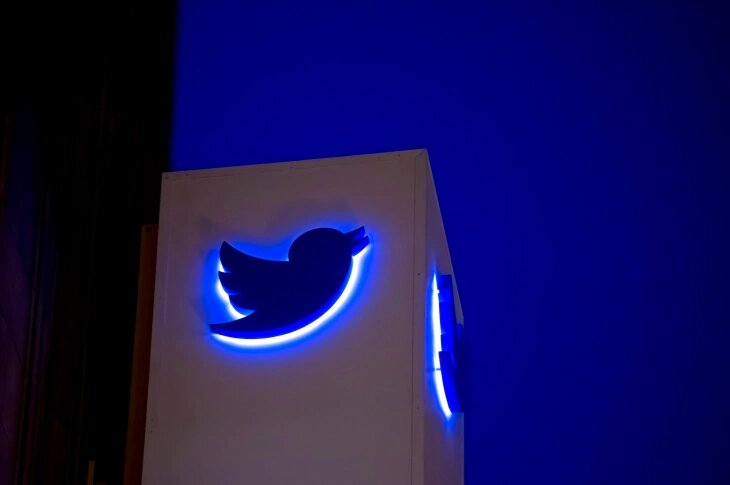Twitter recently made an announcement stating that users will soon be required to verify their accounts in order to utilize TweetDeck, a widely-used social media management tool.
This new policy is set to take effect within the next 30 days. In the same tweet, Twitter also unveiled an enhanced version of TweetDeck, showcasing various new features and functionalities. However, it remains uncertain whether Twitter intends to charge users for both the upgraded and previous versions of TweetDeck.

The introduction of fees for TweetDeck, which was previously free and extensively utilized by businesses and news organizations for content monitoring, could potentially provide a substantial revenue boost for Twitter. This is particularly relevant as the company has encountered challenges in retaining advertising revenue since Elon Musk took ownership.
This move comes shortly after Elon Musk’s recent announcement that both verified and unverified users would face limitations on the number of daily posts they can read. Musk’s intention behind this limitation was to address concerns related to extensive data scraping and system manipulation.
Also Read: Google to block news in Canada over law on paying publishers
However, Musk’s statement received significant backlash from Twitter users, while advertising experts expressed concerns about the potential negative impact on the new CEO, Linda Yaccarino, who assumed the position just last month.
To acquire verification on Twitter, individuals will now be required to pay a monthly fee of $8, whereas organizations will need to pay $1,000 per month. Verification badges serve as a means of establishing authenticity and credibility on the platform. Twitter’s decision to monetize this feature could potentially create a new revenue stream for the company.
By implementing mandatory verification for TweetDeck and introducing fees for account verification, Twitter aims to enhance user trust and combat issues such as spam, misinformation, and fake accounts. These measures align with the broader industry trend of prioritizing platform security and authenticity.
However, the reception of these changes and their impact on user experience and adoption remains uncertain. It remains to be seen how users will respond to the introduction of fees for TweetDeck and whether the potential benefits for Twitter’s revenue will outweigh any negative impacts on user satisfaction and platform usage.
TweetDeck is a widely used social media management tool that allows users to effectively monitor and manage their Twitter accounts. It was initially launched as an independent application in 2008 and was later acquired by Twitter in 2011.
TweetDeck offers a range of features designed to streamline the Twitter experience for individuals, businesses, and organizations. Users can view multiple timelines in a single interface, making it easier to follow and engage with conversations across different accounts. The platform supports the management of multiple Twitter accounts, allowing users to switch between profiles seamlessly.

I am a law graduate from NLU Lucknow. I have a flair for creative writing and hence in my free time work as a freelance content writer.